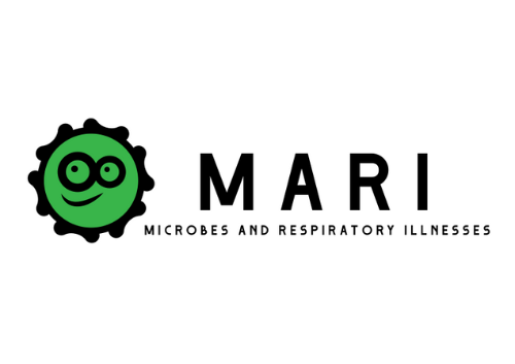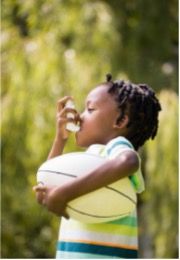Background
Childhood allergies and asthma are becoming more common worldwide. The MARI study, which stands for Microbes and Respiratory Illnesses, is looking at how environmental factors like living on farms or in cities impact children's health.
Our research aims to understand why some kids are less likely to develop allergies and respiratory illnesses.

Our Goals

- Understand how growing up in different environments affects children's immune systems.
- Investigate how our genes influence our bodies responses to cold, and flu viruses.
- Identify differences in DNA patterns associated with illness severity.
Why It Matters
This research could lead to new ways to prevent childhood allergies and reduce the impact of respiratory illnesses. By understanding how the environment impacts health, we can help all children live healthier lives.
Enrollment Criteria
This study will follow school-aged children for 3-4 months during the summer and back-to-school season, when cold and flu viruses are most common. Children who meet the following criteria may be eligible to enroll:
- Are between the ages of 4-12 years old
- Live in the greater Madison, Wisconsin area
- Do not have frequent sinus infections
For More Information
For more information about MARI or to enroll in the study:
- Call us at (608) 890-3840 or email maristudy@show.wisc.edu
- Fill out the online screening form (click or use the QR code)
- Download the MARI study consent form

